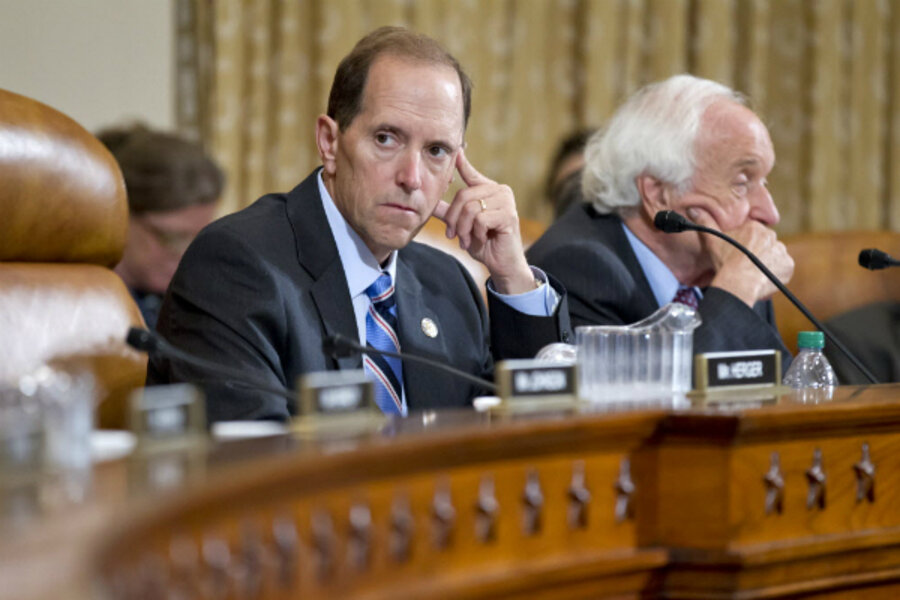For those who already get health coverage via their employer, Obama maintains the current system. Under the ACA, starting in 2014, those purchasing insurance on the individual market will be able to go to an online “exchange” – think Travelocity for health insurance – to shop for a plan that best meets their needs. Middle- and low-income people who don’t qualify for Medicaid may be eligible for federal subsidies to pay for insurance.
Romney would give a tax break to people who buy insurance on the individual market to create equity with people who get their insurance at work, which is a tax-free benefit. The added competition, his campaign says, would drive down costs and improve quality. But it’s not clear how he would pay for this expensive new tax break, if he intends for his reform to be revenue neutral.
On the issue of preexisting conditions, repeal of the health-care reform law would remove the guarantee of coverage. Romney says he would keep the guarantee for people with health conditions who have been maintaining their insurance. In a March 22 opinion article in USA Today, Romney stated that his reforms “give states responsibility for dealing with the uninsured.”
Repeal of the ACA would also mean an end to “community rating” – the concept of charging the same premiums across a population group without regard to age, gender, or health conditions.







